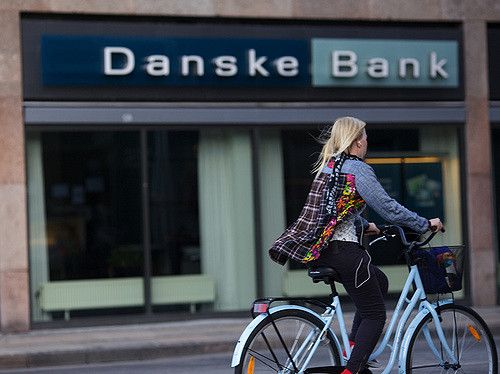Danske Bank came out of 2016 with a profit of 19.9 billion kroner after taxes – an increase of 12 percent compared to 2015.
“2016 was another year of significant progress for Danske Bank,” the bank’s head Thomas F Borgen said in the company’s financial statement.
“In a challenging market, we delivered a satisfactory result while strengthening our market position.”
Its shareholders will benefit greatly from the bulging bottom line, as Danske Bank intends to pay them a healthy dividend and also offer them the chance to take part in a share repurchasing program that will increase the value of its shares.
“Based on the bank’s strong capital position, the board of directors has decided on a dividend of 9.0 kroner per share,” said Borgen. “That is 45 percent of our post-tax profit.”
A very good year
Dividends paid to shareholders in 2015 amounted to eight kroner per share. In addition to the dividend, Danske Bank’s share repurchasing program laid out 10 billion kroner last year – one billion kroner more than in 2015.
The bank said the excellent results were the result of growth in revenue, decreasing costs and low depreciation.















